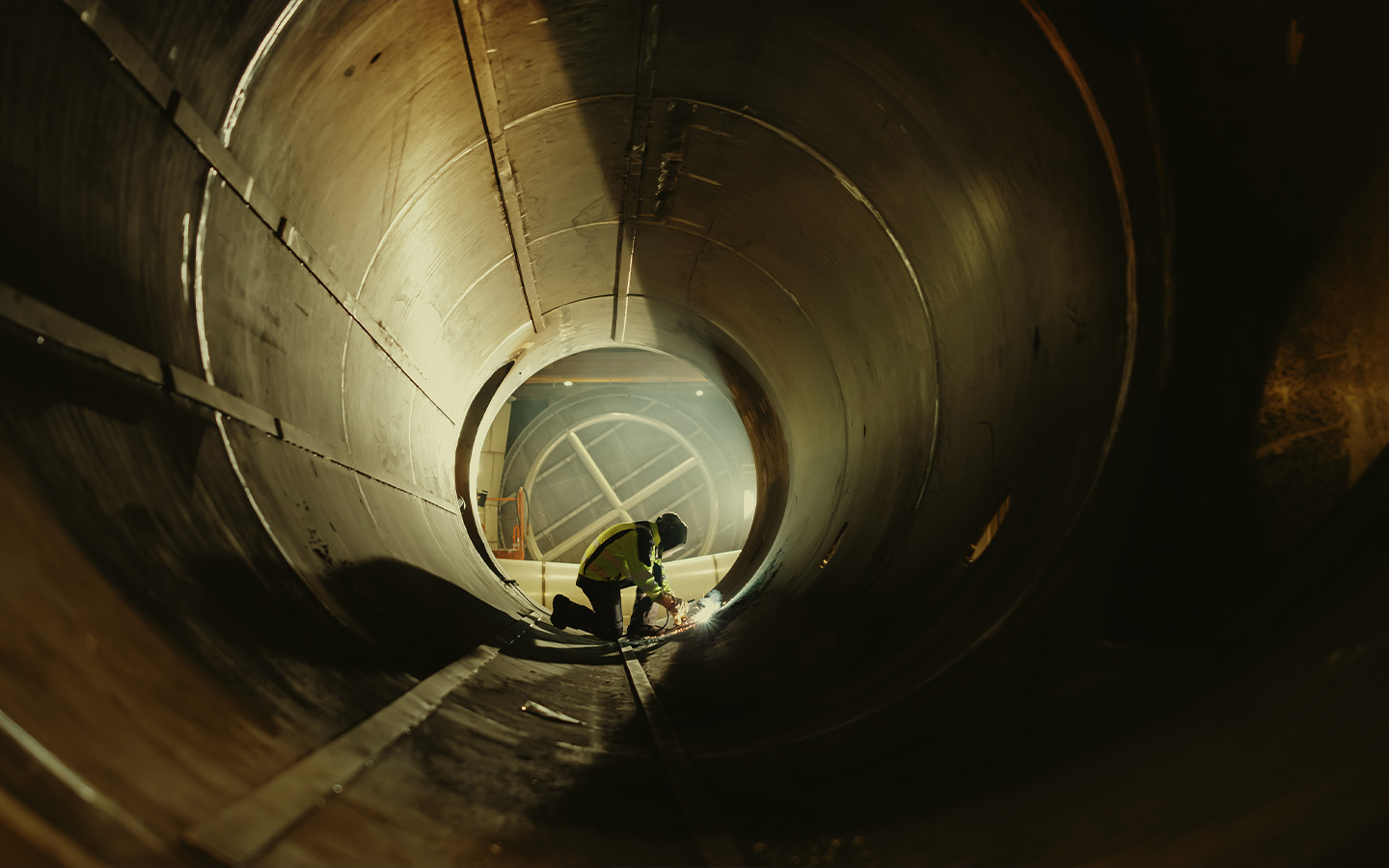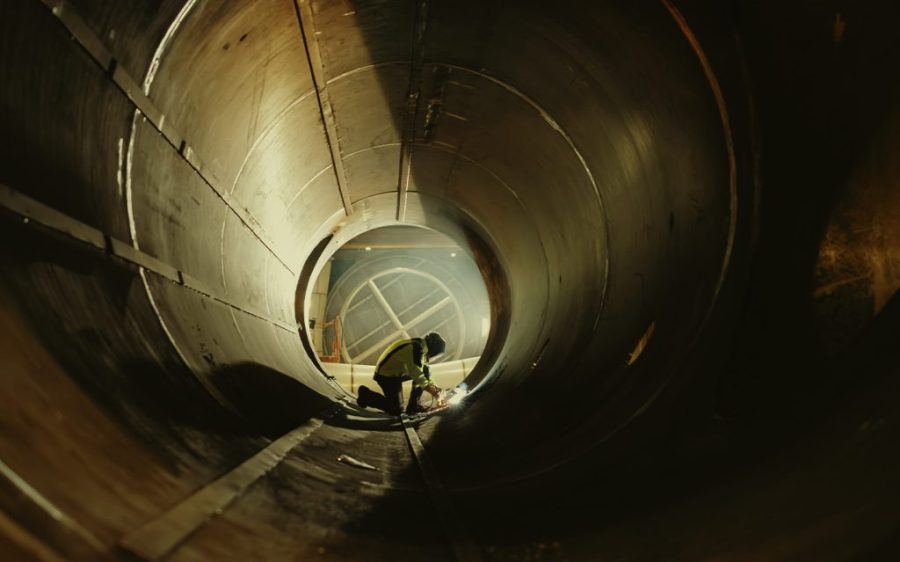Mozambique has announced a new US$1.5-billion gas pipeline project with Zambia, the latest in a series of encouraging energy infrastructure developments for the southern African country, according to Mozambique news agency AIM.
President Daniel Chapo announced the cooperation agreement, signed by the two governments on Wednesday morning, on the sidelines of the opening of the 11th Mozambique Mining and Energy Conference (MMEC).
The proposed pipeline will run between the coastal city of Beira, in Mozambique, and Ndola, more than 1,000 kilometres northwest in central Zambia. With an annual transport capacity of 3.5 million metric tons, it is expected to significantly reduce road traffic along the Beira Corridor, which connects the port city with landlocked inland countries.
Funding for the project, which also includes the construction of storage infrastructure at either end of the pipeline, remains unclear however, although Chapo said commissioning is expected to take place within four years.
The extractive sector is growing in Mozambique, with mining jumping 12 percent year-on-year and more than 117 shipments from the Coral Sul FLNG (floating liquified natural gas) platform, operated by Italian giant Eni.
Chapo also shared news on a second new project, a joint venture between Mozambican state-owned fuel company Petromoc and the Aiteo Eastern E & P Group, to build a modular fuel refinery in the country.
[See more: US loans US$4.7 billion to Mozambique LNG project described as a ‘carbon bomb’]
Expected to be implemented in 24 months, the new refinery will have processing capacity of 200,000 barrels a day of liquid fuel, as well as storage capacity for 160,000 tonnes of liquid fuel and 24,000 tonnes of LPG (liquified petroleum gas). The state-of-the-art facility will produce petrol, diesel, naphtha and jet A1 aircraft fuel for the domestic and international market.
Chapo praised the project as “transformative,” noting it “will position Mozambique as a relevant actor in the liquid fuel value chain, with a positive impact on job creation and import substitution.”
The country has consolidated its position as a strategic supplier of LNG (liquified natural gas) with the recent approval of a second FLNG platform in the Rovuma Basin and new movement on two long-delayed LNG megaprojects. TotalEnergies, the French company behind a US$20-billion onshore LNG project in northern Mozambique, announced on Tuesday that it expects to resume work soon.
The project was previously halted in 2021 after Islamist insurgents seized the nearby town of Palma in a horrific, days-long attack that killed at least a dozen civilians, including foreign staff.
While the situation in Cabo Delgado remains volatile, TotalEnergies CEO Patrick Pouyanné is optimistic. “The aim is to restart [the project] by mid-2025,” he said during the group’s first-quarter results presentation on 30 April.
Meanwhile, a second onshore LNG project, this one led by US giant ExxonMobil, is also preparing to return to Mozambique, contracting Italian firm Bonatti to refurbish a base on Afungi Peninsula by the end of August. The site is considered pivotal to resumption of the US$27 billion LNG project as it will provide housing and an operational base for personnel working to develop the LNG facilities.






